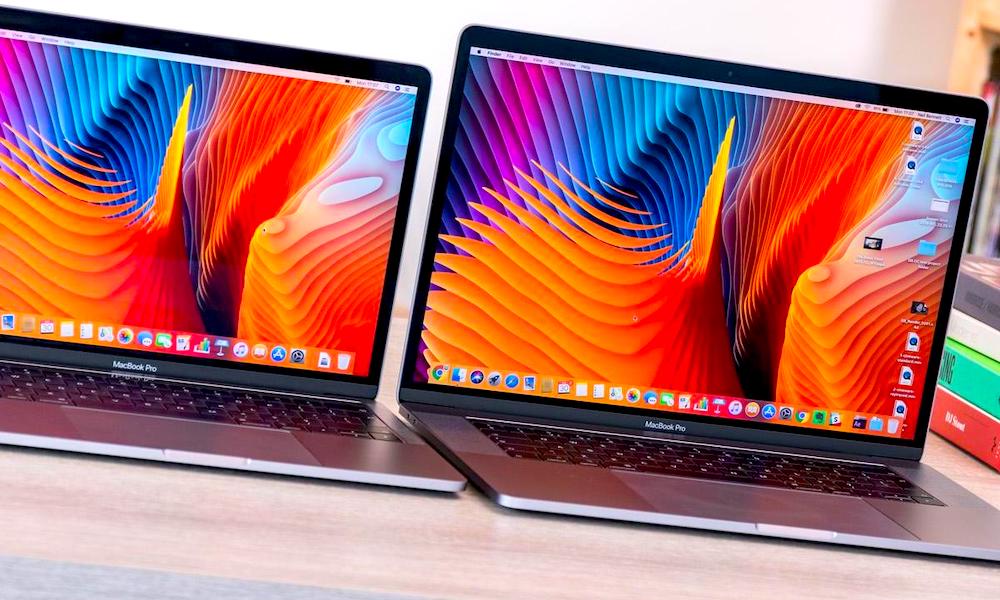FAQ: Do You Really Need Antivirus Software for Your Apple Devices?
 Credit: MacWorld
Credit: MacWorld
Toggle Dark Mode
In the wake of recent hacks and news about widespread vulnerabilities, you may be wondering how you can protect yourself. For example, do you need antivirus software for Apple devices?
If you’re looking for a quick and simple answer, you won’t get one. Largely, that’s because the current threats to Apple users go far beyond the standard Windows computer viruses you may be familiar with. In other words: it depends.
Do I Need Anti-Virus for My Mac?
Macs have long been touted as being more secure than Windows PCs. That’s largely true and, historically, Mac users have gotten away with not needing antivirus software. But malware that targets Macs has become more common as Apple’s market share grows.
Mac-targeting malware is not just more common, it’s also more devious. The recent ZombieLoad vulnerability, for example, exploits a component in most modern day computers — and allows it to bypass so-called perimeter defenses like firewalls or antivirus software.
So, sure. You can use an antivirus scanning app on your Mac as part of a broader cybersecurity routine. But that app likely won’t detect critical vulnerabilities like ZombieLoad (even if they’re actively being used against you).
Do I Need Anti-Virus for My iPhone or iPad?
On the other hand, iOS features robust security protections because it’s a walled-garden system. You don’t need an antivirus program on iPhones or iPads. And, in fact, many so-called antivirus iOS apps are fairly disreputable or scammy.
But those system-level protections can’t defend against social engineering techniques that trick users into downloading side-loaded software on their devices.
What’s the Final Verdict?
All of this is to say that antivirus programs, particularly on the Mac, aren’t necessarily a bad idea. But they’re only one piece of the puzzle and they certainly don’t render you invulnerable to an attack.
In fact, they could do more harm than good if they lull you into a false sense of security. A much more effective course of action is a broad set of privacy and cybersecurity tactics:
- Research and use a VPN.
- Only download apps from the official App Store, especially on iOS.
- Enable your devices security features, such as FileVault and the macOS firewall.
- Don’t click on sketchy links within emails.
- Use two-factor authentication whenever possible.
- Take advantage of password managers. Don’t use weak passwords and don’t reuse passwords on multiple accounts.
- Never trust public Wi-Fi networks when handling sensitive data.
- Install macOS and iOS software updates as soon as they are available.
- Use antivirus software on Mac, but only reputable apps like Malwarebytes. Don’t solely rely on it to protect you. Avoid antivirus apps on iOS.
Vigilance and good cybersecurity habits are, by and far, the best defense against malware, viruses and major security vulnerabilities. They won’t make your Mac or iPhone impervious to attack — but they’ll definitely go a lot further than just using an antivirus app.






